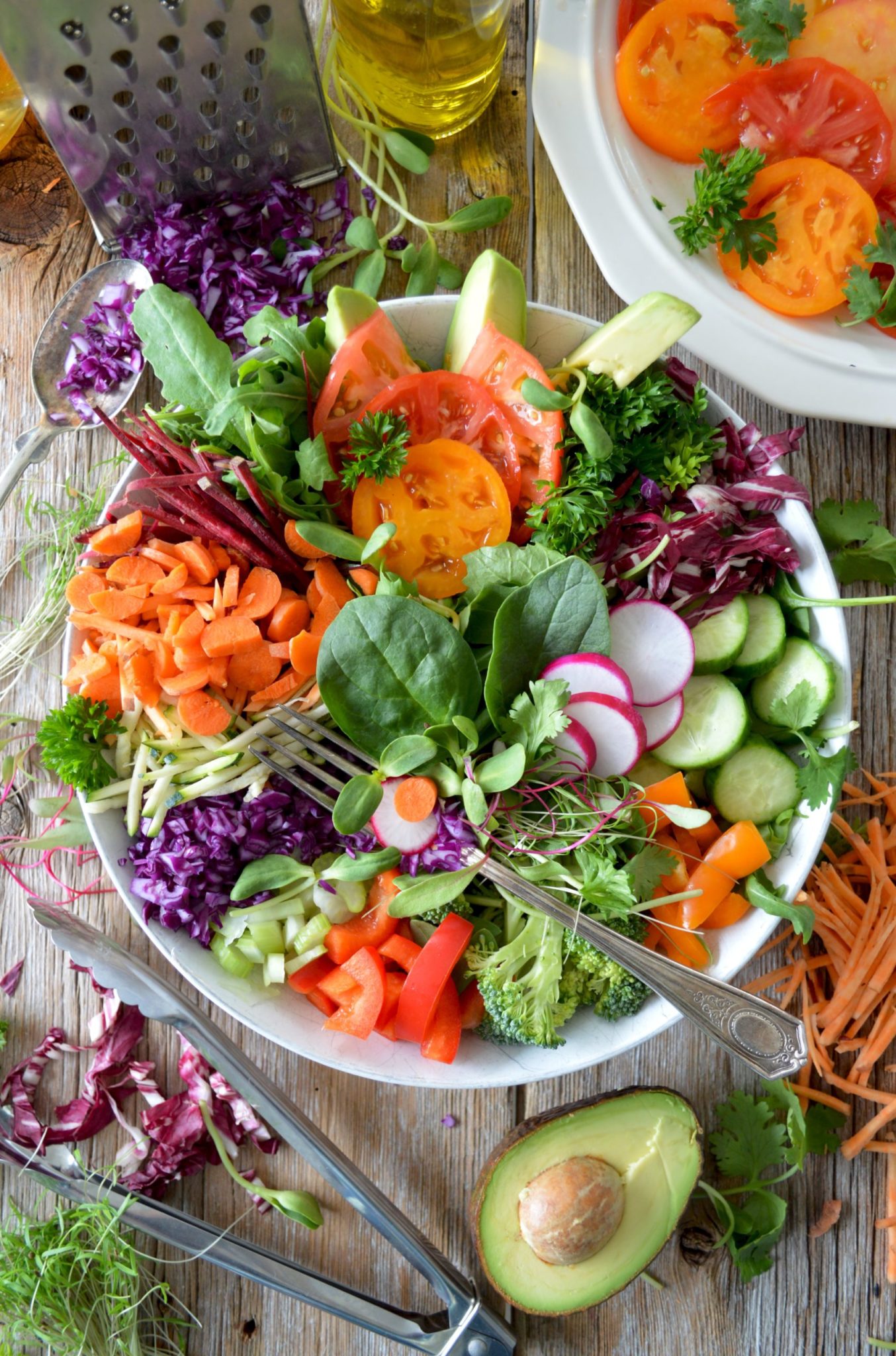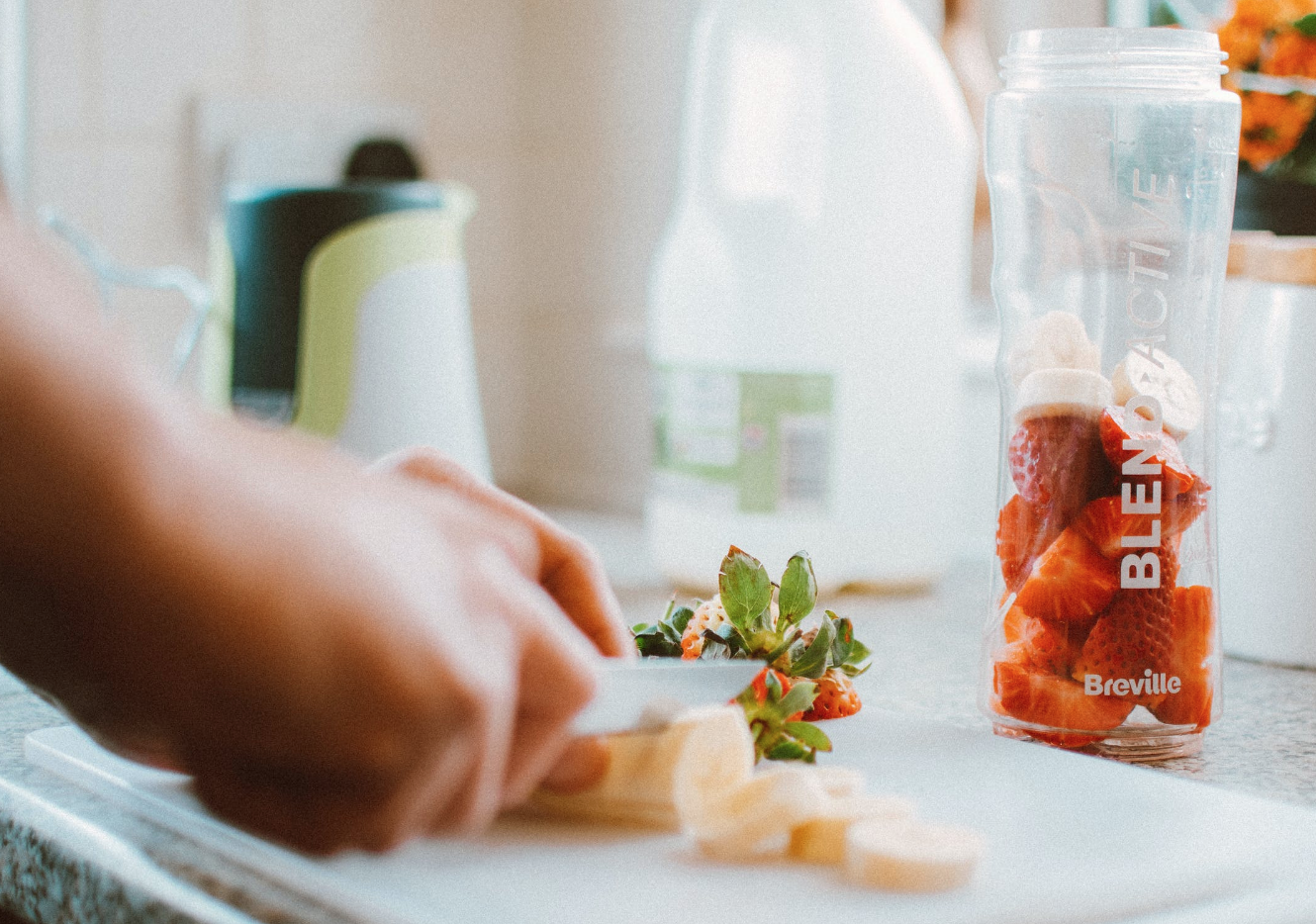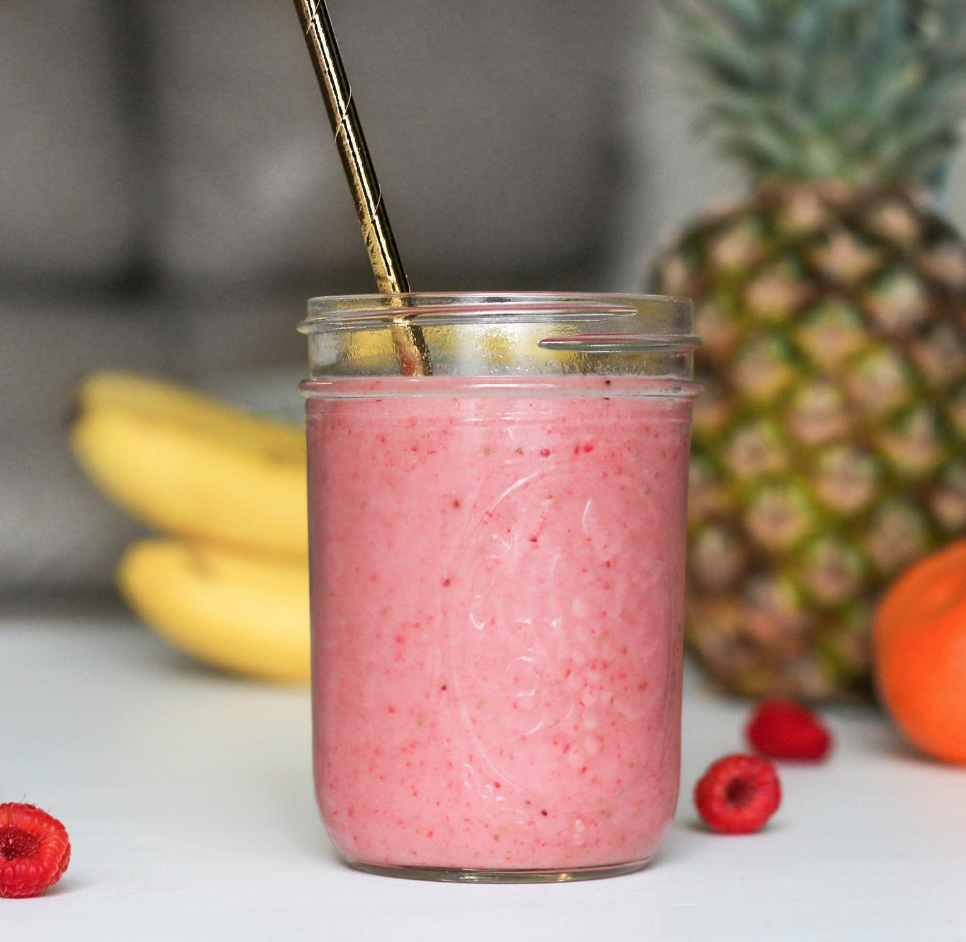How to Support Your Immune System
Subscribe to our newsletter

Keeping the body well nourished to support a healthy immune system is key, particularly as the drop in temperature accompanied by the winter months can pose a challenge for keeping healthy.
While there isn’t a ‘one stop shop’ dietary remedy, or food that has been scientifically proven to effectively prevent or completely stop a cold or flu, one of the best defences for infection is to provide your body with what it needs to operate at its optimum.
Here are some of our top tips to do just that:
- Eat a balanced intake from across the food groups, including a variety of delicious plant based foods (vegetables and fruits). This is a great way to boost your intake of vitamins, minerals and antioxidants for further immune protection.
- Vitamin C and beta-carotene particularly ‘pack a punch’ for immunity. Foods rich in these nutrients include citrus fruit, sweet potato, pumpkin, spinach and broccoli.
- Remember that opting for frozen vegetables is fine, particularly as the vitamin C content is at its peak (vegetables are frozen very soon after harvesting).
- Vitamin E has antioxidant properties which can help to stop free radicals in their tracks and may be helpful for immune function. Nuts, such as almonds, peanuts and hazelnuts are a rich source of vitamin E, using a small handful as a rough guide for one serving.
- If you are wondering which supplements to take, remember food is the first port of call. That being said, there is evidence to suggest that increasing your intake of zinc can help you fight off infections. Lean poultry, with the skin removed, such as turkey, or chicken breast, unprocessed grains, fish, eggs and milk are natural sources of protein that provide a good amount of zinc when consumed moderately as part of a balanced diet.
- Limit your intake of refined sugar and alcohol, as both place pressure on the adrenal glands and can have a negative impact on immunity and overall health when consumed in excess.
- Be mindful of your portions. It is a lot easier to over consume during the colder months, as we seek comforting and warming foods.
- Remember to eat regularly and avoid skipping meals to help to sustain your energy levels throughout the day so as to ensure that you are consuming enough from across the food groups.
- Opt for unprocessed foods wherever possible.
- Keep active. It can be difficult to keep up with your usual exercise routines if you are cooped up indoors but nowadays there are a whole host of at-home workout routines you can follow.
- Get some in-home essentials like an exercise mat and some free weights if possible (even water bottles will do). Do what you can with what you have – use the stairs, or seated exercises to be resourceful with the space you have available. (Adults should aim to engage in some form of physical activity every day, doing strengthening activities on at least 2 days per week and at least 150 minutes of moderate intensity across each week. Children and young people, 5 -18 years should aim for 60 minutes of aerobic exercise on average per day across a week and should take part in some exercises that strengthen their muscles and bones) such as running, walking or skipping with a rope, or dancing – why not put the music on and have a dance around the living room!
- Chronic stress has a negative impact on our immune cells. Making space for what helps you to wind down is imperative.
- Create relaxing routines to nurture a good night’s sleep wherever you can, as a lack of sleep over a prolonged period of time can impact our immune system. Limiting screen time to around 1 hour before you go to bed is a place to start, as the blue light from electronic devices can affect sleep quality. Aim to go to bed and wake up at a similar time time each day wherever possible. Our sleep is regulated by a natural, internal process known as the circadian rhythm and the lack of sunlight during the winter months can cause our sleep-wake cycles to be disrupted.
Immunity-related Anxiety
Amid recent media updates, it is natural to find yourself concerned with how best to keep you or those around you healthy. If you have found yourself worrying excessively or have been feeling anxious about how best to keep in good health, alongside eating well for a healthy immune system, these practical steps may be helpful:
- Keep it simple and stick to the facts from verified national health bodies and try to avoid alarmist news feeds. It can be tempting to constantly monitor social media and news platforms for updates, or to repeatedly look up symptoms for reassurance. It is important to remain up to speed on the advice from the experts but it is also vital to create a buffer for calm, so as not to perpetuate feelings of worry.
- If you do find yourself spiralling into worry, wherever possible, try to shift your focus to the activities that bring you the most joy, pleasure or serenity – whether that is taking a moment to curl up on the sofa with a good book and a hot drink, picking up the phone to connect with a loved one or an old friend (someone who you always feel better and more grounded after speaking to), or playing your favourite or most nostalgic album. For more information on how to incorporate self-care into your daily life, have a look at our blog post dedicated to the topic here.
- Take a moment to breathe deeply and purposefully as it can help to circumvent the body’s ‘fight or flight’ response and circumvent the onset of panic whenever you feel stressed or anxious.
Guided meditation resources for calmness:
- Aura (restful sleep meditation app; stories; life coaching)
- Meditation Oasis Podcast (features guided meditations and music for meditation)
- Head Space (guided meditation and mindfulness app)
& More
Receive 10 free recipes to your inbox!
Sign up and we will send you 10 free recipes






